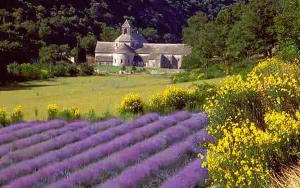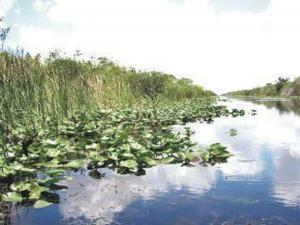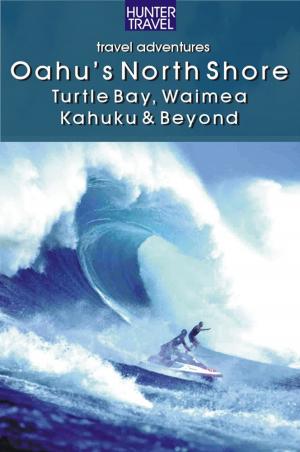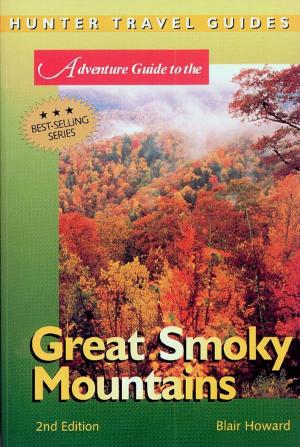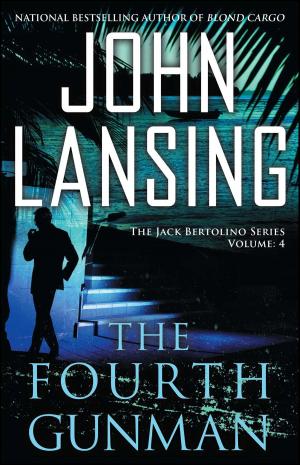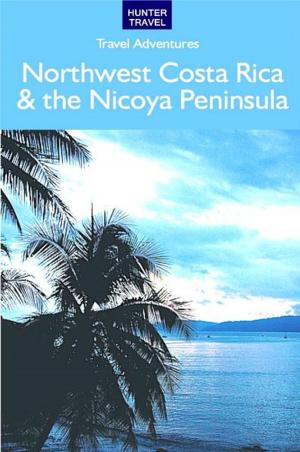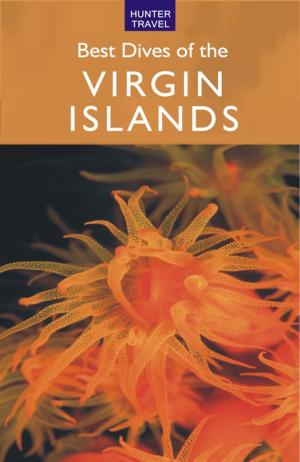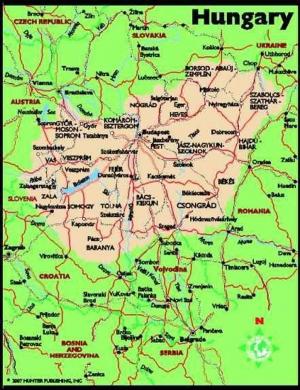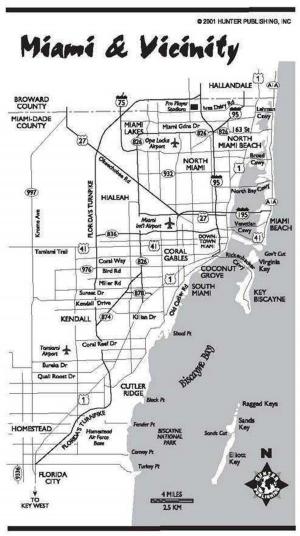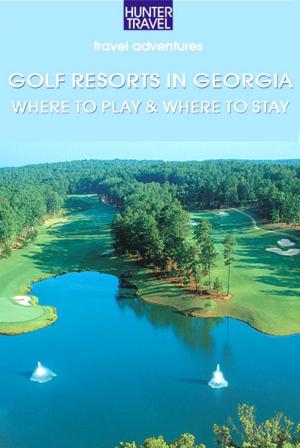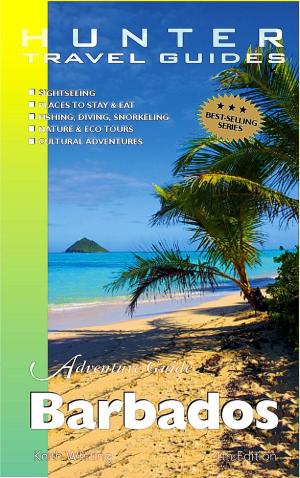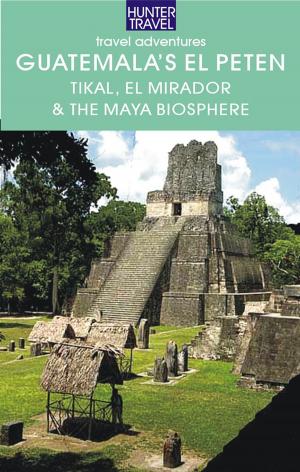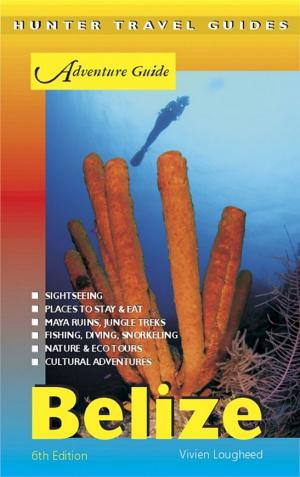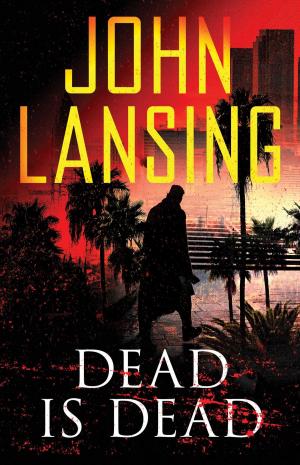| Author: | Marisa Fabris | ISBN: | 9781588438461 |
| Publisher: | Hunter Publishing | Publication: | April 22, 2011 |
| Imprint: | Language: | English |
| Author: | Marisa Fabris |
| ISBN: | 9781588438461 |
| Publisher: | Hunter Publishing |
| Publication: | April 22, 2011 |
| Imprint: | |
| Language: | English |
An essential guidebook to the region. An amazing resource for anyone traveling in the area. I highly recommend using this book as a reference tool. -- S. Johnson, Amazon reviewer.Italy's northernmost zone, the Veneto includes Padua, Verona, Vicenza, plus Venice itself, which once ruled the area. Some 5,000 Renaissance villas still stand, many by Palladio. A food- and wine-lover's paradise, it's also the most artistically rich region in Italy, and the most romantic, with the art of Giotto and Mantegna in Padua, the Roman ruins in Verona, the canals and palaces in Venice itself. Bellini, Tintoretto, Veronese and Titian worked here. Experience their art and be part of their world, with the insights of an insider. Every detail is here about the foods, the sights, the best places to stay and eat. Vicenza is an essential stop on the itineraries of architecture lovers and Palladios followers, but is unfortunately bypassed by many tourists traveling through the Veneto region who dont realize what it has to offer. This well-kept secret has made remarkable cultural and economical contributions to the region and merits a visit, if only for a few hours.Vicenza is an important Renaissance city with an impressive number of buildings dating back to the 1500s, many of them attributed to Andrea Palladio. It was during this period that Andrea di Pietro della Gondola came to Vicenza as a 16 year-old stone mason and through a combination of his own talent and a fine network of mentors, grew to be the great architect who dramatically transformed Vicenzas urban image. Palladio was commissioned to build palazzi for the citys wealthy residents, redesign several buildings which had been badly damaged by the League of Cambrai and to make the city better reflect the influence of the Republic of Venice. His finest works in the city include the Teatro Olimpico, the Basilica Palladiana and the Palazzo Chiericati. Italys largest lake and one of its most visited vacation spots, Lake Garda is between the Alps and the Pianura Padana (Padana plains) with the Trentino region bordering it to the north, the Lombardy region to its west and the Veneto region to the east. As one of the most prosperous cities in northern Italy and the second-most visited in the Veneto, Veronas streets exhibit an interesting mélange of Roman, medieval, Renaissance and Venetian influences. And with unmistakably firm roots in classical tradition, the city that underwent significant urban development following World War II has a cosmopolitan identity that its high-fashion stores and impeccably dressed businessmen reflect. At the crossroads of two important Roman roads, Verona served as a critical strategic and commercial center for many centuries. It began as a colony of the Roman Empire in the first century BC and was joined with the Empire in 49 BC. The arena, one of the worlds best-preserved Roman amphitheaters, was built to accommodate upwards of 20,000 spectators and, along with the Roman theater and the citys gates, Verona maintains its Roman identity today. "These useful guides are highly recommended... " Library Journal. This signature Hunter series targets travelers eager to explore the destination. Extensively researched and offering the very latest information, Adventure Guides are written by knowledgeable, experienced authors. The focus is on outdoor activities - hiking, biking, rock climbing, horseback riding, downhill skiing, parasailing, scuba diving, backpacking, and waterskiing, among others - and these user-friendly books provide all the details you need, including prices. The best local outfitters are listed, along with contact numbers, addresses and recommendations. A comprehensive introductory section provides background on history, geography, climate, culture, when to go, transportation and planning. These very readable guides then take a region-by-region approach, plunging into the very heart of each area and the adventures offered, giving a full range of accommodations, shopping, restaurants for every budget, and festivals. All books have town and regional maps.
An essential guidebook to the region. An amazing resource for anyone traveling in the area. I highly recommend using this book as a reference tool. -- S. Johnson, Amazon reviewer.Italy's northernmost zone, the Veneto includes Padua, Verona, Vicenza, plus Venice itself, which once ruled the area. Some 5,000 Renaissance villas still stand, many by Palladio. A food- and wine-lover's paradise, it's also the most artistically rich region in Italy, and the most romantic, with the art of Giotto and Mantegna in Padua, the Roman ruins in Verona, the canals and palaces in Venice itself. Bellini, Tintoretto, Veronese and Titian worked here. Experience their art and be part of their world, with the insights of an insider. Every detail is here about the foods, the sights, the best places to stay and eat. Vicenza is an essential stop on the itineraries of architecture lovers and Palladios followers, but is unfortunately bypassed by many tourists traveling through the Veneto region who dont realize what it has to offer. This well-kept secret has made remarkable cultural and economical contributions to the region and merits a visit, if only for a few hours.Vicenza is an important Renaissance city with an impressive number of buildings dating back to the 1500s, many of them attributed to Andrea Palladio. It was during this period that Andrea di Pietro della Gondola came to Vicenza as a 16 year-old stone mason and through a combination of his own talent and a fine network of mentors, grew to be the great architect who dramatically transformed Vicenzas urban image. Palladio was commissioned to build palazzi for the citys wealthy residents, redesign several buildings which had been badly damaged by the League of Cambrai and to make the city better reflect the influence of the Republic of Venice. His finest works in the city include the Teatro Olimpico, the Basilica Palladiana and the Palazzo Chiericati. Italys largest lake and one of its most visited vacation spots, Lake Garda is between the Alps and the Pianura Padana (Padana plains) with the Trentino region bordering it to the north, the Lombardy region to its west and the Veneto region to the east. As one of the most prosperous cities in northern Italy and the second-most visited in the Veneto, Veronas streets exhibit an interesting mélange of Roman, medieval, Renaissance and Venetian influences. And with unmistakably firm roots in classical tradition, the city that underwent significant urban development following World War II has a cosmopolitan identity that its high-fashion stores and impeccably dressed businessmen reflect. At the crossroads of two important Roman roads, Verona served as a critical strategic and commercial center for many centuries. It began as a colony of the Roman Empire in the first century BC and was joined with the Empire in 49 BC. The arena, one of the worlds best-preserved Roman amphitheaters, was built to accommodate upwards of 20,000 spectators and, along with the Roman theater and the citys gates, Verona maintains its Roman identity today. "These useful guides are highly recommended... " Library Journal. This signature Hunter series targets travelers eager to explore the destination. Extensively researched and offering the very latest information, Adventure Guides are written by knowledgeable, experienced authors. The focus is on outdoor activities - hiking, biking, rock climbing, horseback riding, downhill skiing, parasailing, scuba diving, backpacking, and waterskiing, among others - and these user-friendly books provide all the details you need, including prices. The best local outfitters are listed, along with contact numbers, addresses and recommendations. A comprehensive introductory section provides background on history, geography, climate, culture, when to go, transportation and planning. These very readable guides then take a region-by-region approach, plunging into the very heart of each area and the adventures offered, giving a full range of accommodations, shopping, restaurants for every budget, and festivals. All books have town and regional maps.

